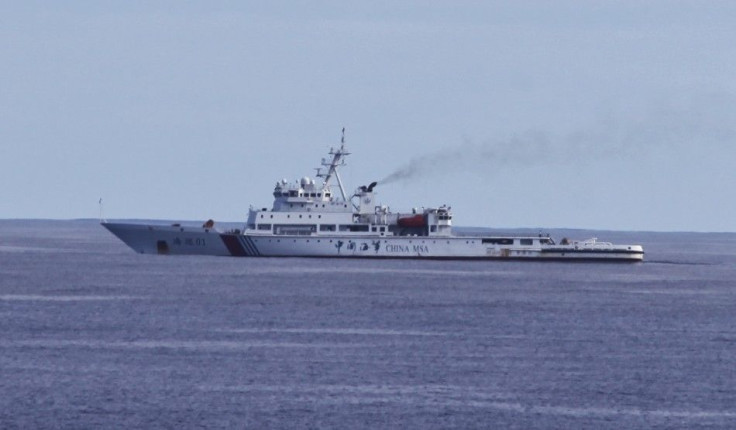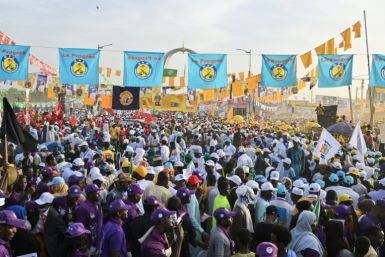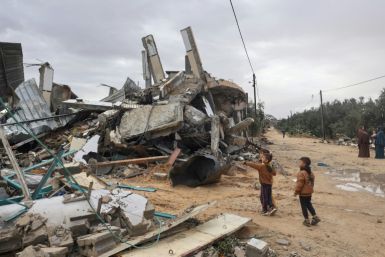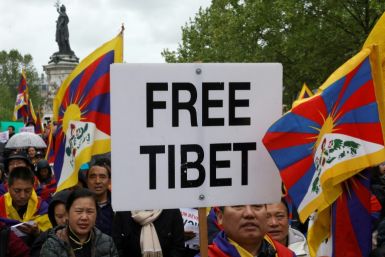Australia Called To Follow US, Send Military To Counter China's Assertion For Control Of Disputed Islands

Australia is being urged to send military planes and ships to the South China Sea to counter China’s aggressive push for control of disputed territories. A top defence planner made the recommendation after the denials of both the Washington and Canberra that the U.S. will be sending its B-1 bombers to Australia.
Peter Jennings, who heads the Abbott government’s advisory panel for the Defence white paper draft, believes it would not be the first time a Pentagon official “misspoke” on a similar issue. Jennings’ recommendation raises the unprecedented possibility of Australian troops squaring off against the armed forces of China, the biggest trading partner of Australia.
SMH reports that while the recommendation has not been endorsed by Australia’s government officials and military leaders, Jennings’ idea reflects a growing concern about China’s assertion for control over disputed waters. Concerns have focused more on the construction of airstrips and ports on previously submerged atolls in the Spratly group of islands.
Jennings said that to maintain the position of the U.S. towards China’s aggressiveness, Washington would have to diffuse the situation by sending military planes and vessels in disputed waters. He remarked Australia should follow the U.S.
“The next step after asserting our position is the simple physical demonstration of it by actually sailing through the sea and airspace,” said Jennings. He noted that if Australia is serious in asserting its position, the government has to “do it” at some point.
Prime Minister Tony Abbott said he understood that the U.S. had no plans of sending B-1 bombers in Australia but he acknowledged the bipartisan support the country has for the U.S. alliance. “Our alliance is not aimed at anyone. It is an alliance for stability, for peace, for progress, for justice and it’s going to be a cornerstone of the stability of our region for many decades to come,” added Mr Abbott.
The prime minister reiterated that Australia has a “strong friendship” with China, reports The Australian. The Pentagon had previously revealed last week that it would send aircraft and naval vessels to the 12-nautical-mile zone around the contested Spratly Islands to stop China from gaining control on some of world’s crucial trading lanes.
Chinese Foreign Ministry spokesperson Hua Chunying said the Chinese government would not back down on its claims over the disputed islands in the South China Sea. “Do you think we would support that move (to send U.S. ships and planes)? We are severely concerned about the remarks made by the American side,” said the spokesperson. In a later statement, the U.S. government was asked to clarify its decision to send aircraft.
(To report problems or leave feedback on this article, contact: r.su@ibtimes.com.au)






